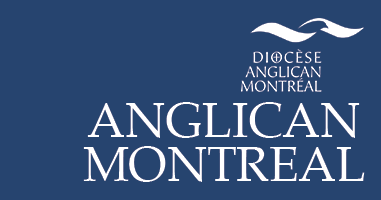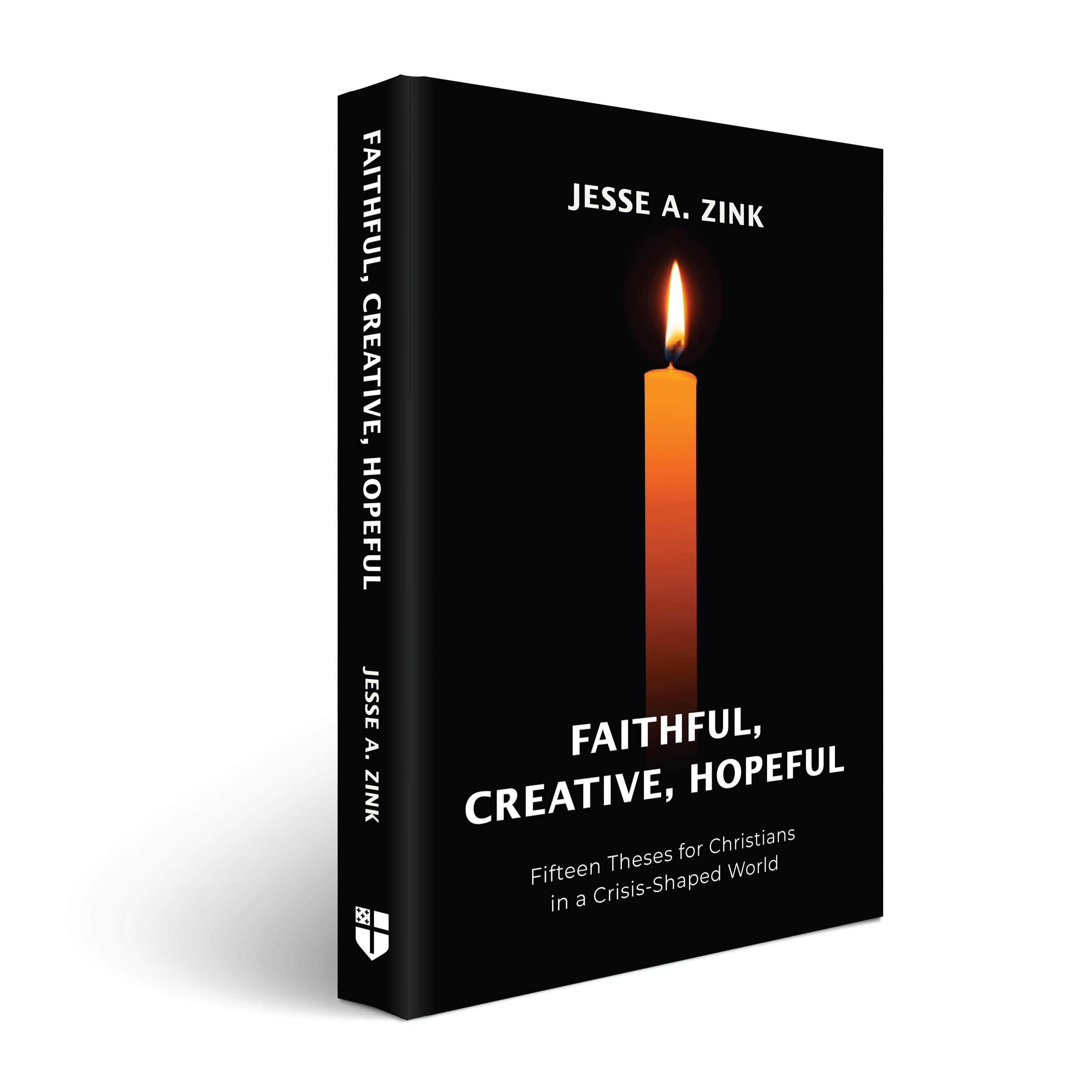The Rev. Canon Jesse Zink has been principal of Montreal Diocesan Theological College (“Dio”) since 2017. He has recently published a new book called Faithful, Creative, Hopeful: Fifteen Theses for Christians in a Crisis-Shaped World. He answered our questions about the book.
Q: What do you mean by crisis-shaped world?
A: My point of departure in this book is the world “polycrisis.” This is a term that has come into use relatively recently and refers to the idea that as a human society we face not just one crisis, but many—climate change, economic inequality, human migration, mental health, housing, racial discrimination, and the list could just keep going. This is the context in which we as Christians are called to witness to the good news of Jesus Christ.
At the same time, we are also aware that the church is facing challenges of its own. We know about declining attendance and predictions of the end of the Anglican Church of Canada. So this is a book written from within a church in a crisis that tries to offer guidance and ideas to energize our witness to a world in crisis.
Q: So what’s the answer? How do we find our way to this witness?
A: I begin the book in a place that some people may find unusual or surprising, with the importance of what I call apocalyptic clarity. I don’t mean by that that I think the world is ending tomorrow. Instead, to think and act and imagine apocalyptically is to be aware of the powers that are active in this world and are obstructing the kingdom of God and the fullness of life God offers to God’s people. People haven’t stopped coming to churches because we’ve messed up or done the wrong thing. People aren’t coming to churches because there are other powers in this world that are drawing their attention, energy, focus, and, indeed, their worship. In the book, I focus in particular on how the economic structures we inhabit are a particular power that obstructs the kingdom of God.
Q: How does an apocalyptic clarity help shape our witness as Christians?
A: For one thing, I think we need to be clear-eyed about the world we live in. Let’s honestly acknowledge that there are powers in this world and they are not working towards the kingdom of God. All of us in the church, just as much as people outside the church, are shaped and effected by these powers. For much of the book I draw out the implications of this apocalyptic perspective and if I were to summarize it in one word it is this: resist. Christians are called to form communities that resist the powers and principalities and offer to the world a different way of life that is ultimately more, well, faithful, creative, and hopeful than much of what we find around us. Much of the book is about me identifying the outlines of that resistant living, even as I also understand that the particular shape of that living will vary depending on a community’s context.
Q: The subtitle of this book is “Fifteen Theses for a Crisis-Shaped World.” You’ve already spoken about the crisis-shaped part. What do you mean by theses? And why fifteen?
A: A thesis is a declarative statement. So for instance the first thesis of the book is this: “A crisis-shaped world requires apocalyptic clarity.” I found that the thesis was a helpful structuring device in that it allowed me to introduce and write about a range of topics and do so in a way that I hope is accessible for all people in the church. For several of these theses, I could have written a whole book! As for fifteen, well, I originally wrote several more but between the publisher insisting on a word limit and the reality that not all of those theses were quite ready for public consumption, I settled on fifteen.
My other hope in using the thesis is that it generates conversation. I hope that when people read the book they don’t agree with all of them! I’m looking forward to hearing back from readers and I’d love to read someone else and their theses on what Christian witness can look like at this time.
Q: Who do you hope reads this book?
A: Every time I write a book I try to keep an audience in mind. The audience I had very clearly in my mind is a community of faithful Christians who are struggling to make sense of the change that is going on around them, not only in their church but also in the world, and wondering what their faith has to say to this moment. So while this is a work of theology, it is not esoteric and out of reach. I use a lot of stories to make this material accessible to lay people. I hope that congregational book groups will find that it provides helpful fuel for their own Christian reflection and ministry.
Q: Where can we buy the book?
A: Wherever books are sold! Find your favourite bookseller, online or in person, and let them know you’d like a copy. If you’re having trouble, drop me a line at [email protected] and I can help you out.
Faithful, Creative, Hopeful: Fifteen Theses for Christians in a Crisis-Shaped World (ISBN: 9781640657380) is published by Church Publishing, Incorporated. Its official release date is December 3, 2024.


